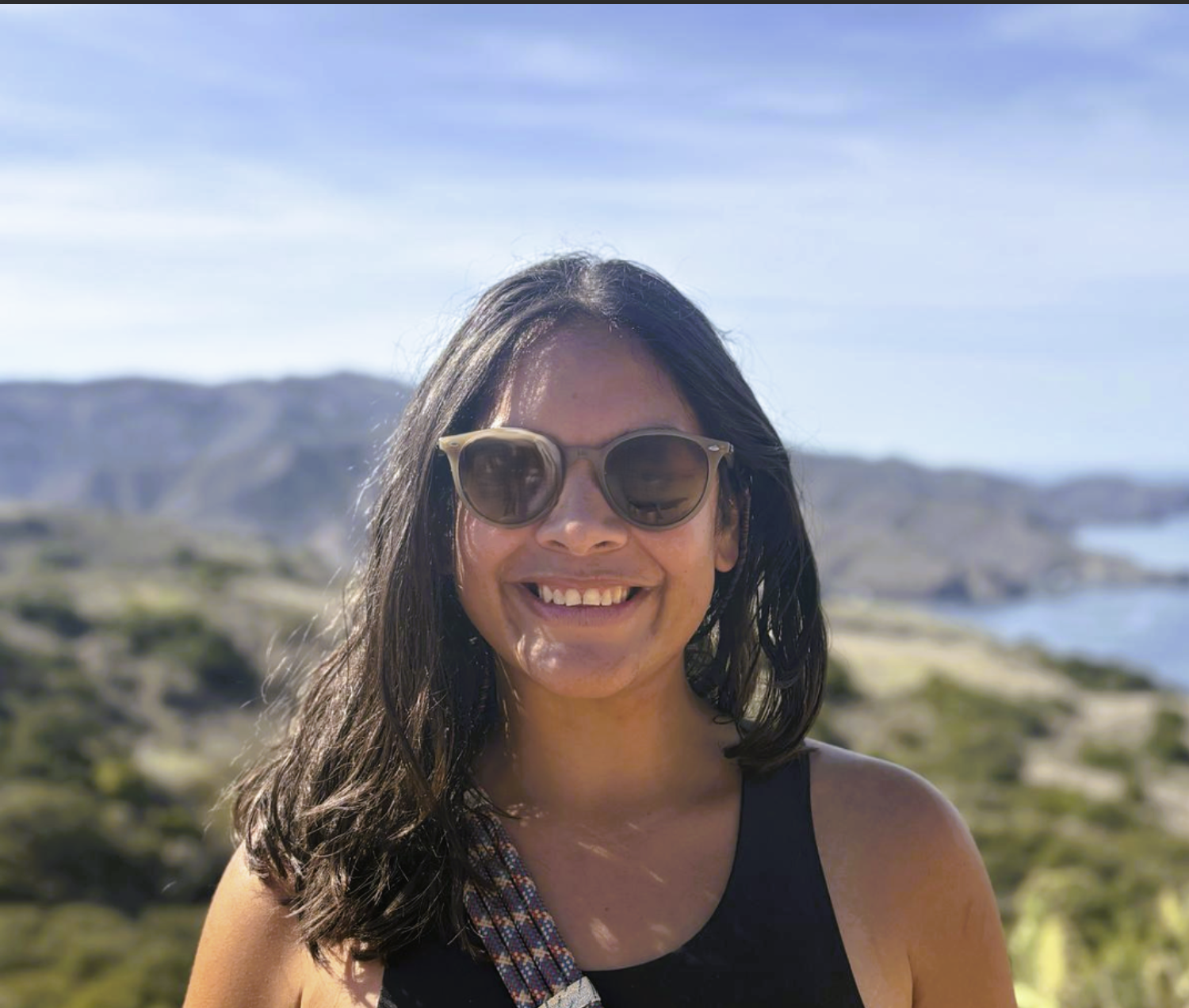The Blue Economy for Whom and by Whom? Exploring the Narratives, Realities, and Impacts on Small-Scale Fishing Communities Using Interdisciplinary Approaches

PHD DISSERTATION DEFENSE
Advisors: Steve Gaines, Jono Wilson
Committee: Halley Froehlich, Erendira Aceves-Bueno
This defense will take place in person. Join us in the MSI Auditorium or watch online using this link and passcode fishing
ABSTRACT
Small-scale fishing communities are essential to global food security, cultural heritage, and coastal livelihoods. Yet, they are increasingly challenged by the rapid expansion of the Blue Economy. This dissertation examines how dominant Blue Economy narratives, particularly those surrounding fishery regulation enforcement and aquaculture development, affect small-scale fishing communities. Drawing on systematic literature reviews, empirical case studies in Mexico and Honduras, and a mixed-methods approach, I investigate the dynamics of community-based enforcement and its influence on regulatory compliance, as well as the implications of introducing aquaculture at the local community scale. This research underscores the importance of centering community voices, histories, and social relations in ocean policy and development, offering pathways toward more just, equitable, and sustainable forms of marine governance.
BIO
Lili is an interdisciplinary marine scientist with over a decade of experience working with coastal communities and small-scale fisheries. Her work focuses on developing applied solutions to the complex challenges these systems face, with a strong commitment to justice and equity. She engages in the full cycle of policy-informed decision-making—collecting and analyzing empirical data, and co-creating policies and management tools that center community needs. She employs mixed methods, multivariate statistics, ethnographic research, fishery science, grassroots development, and stakeholder facilitation to support inclusive, evidence-based decisions. In her thesis, she examines the synergies and transformations between small-scale fisheries and small-scale aquaculture within the evolving Blue Economy. She explores how these shifts impact sustainability and social justice, aiming to inform practices that uphold both environmental integrity and community well-being.